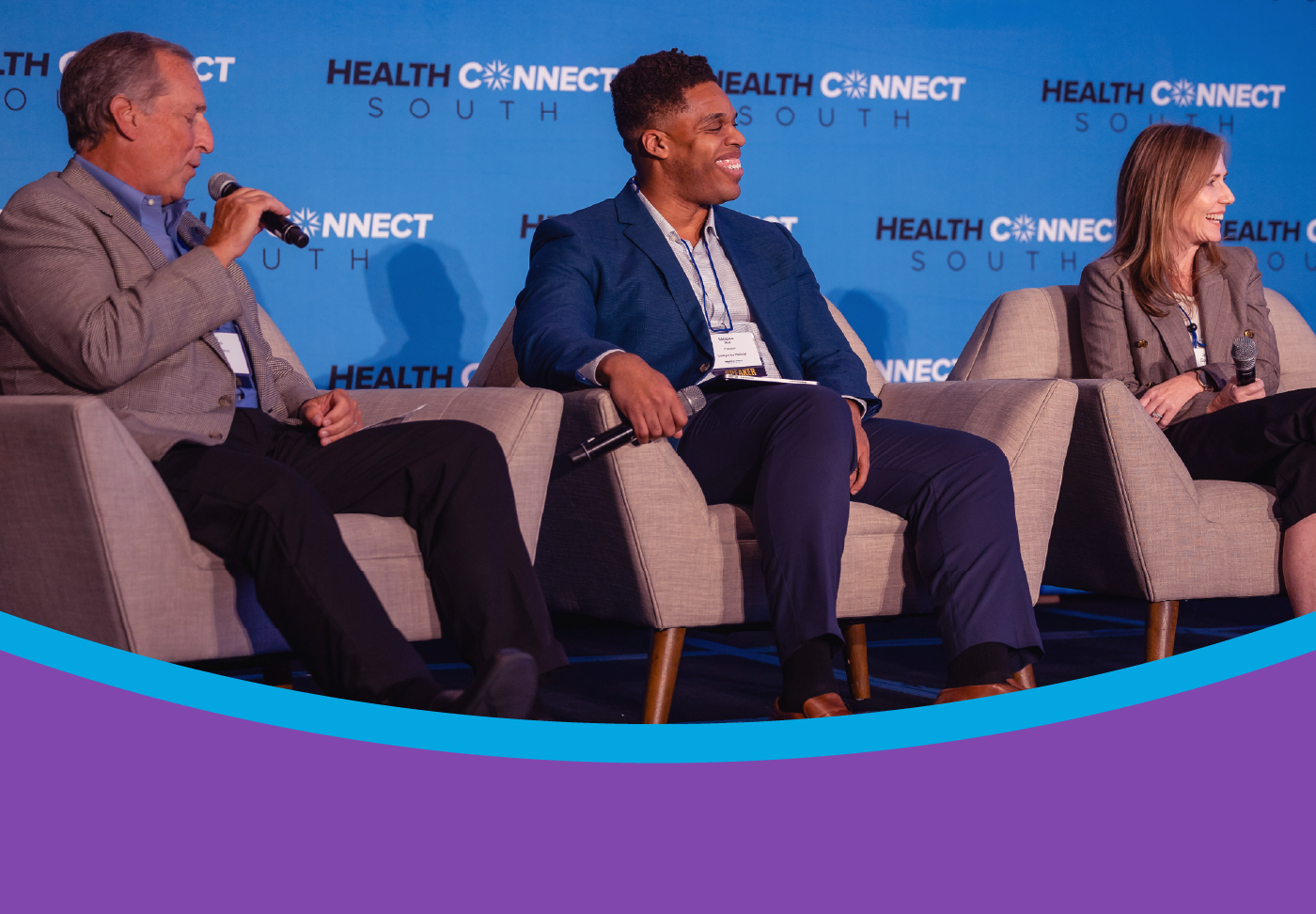Pregnancy is a time of excitement and change. But it also puts added strain on the heart. In fact, cardiovascular conditions are one of the
leading causes of maternal complications
worldwide. Some women can develop heart conditions during pregnancy that can lead to serious complications if not recognized early. Knowing the risks and being proactive about your heart health can help prevent a life-threatening problem.
Here’s what every expectant mom should know about heart health during pregnancy.
1. High blood pressure can be silent—and dangerous.
Some women develop high blood pressure during pregnancy, even if they’ve never had it before. High blood pressure can lead to preeclampsia. It’s a condition that can cause organ damage and, in severe cases, seizures. When high blood pressure isn’t treated, it can increase the risk of stroke or heart failure. Checking your blood pressure regularly can help catch problems early.
What to do about high blood pressure
If you have a history of high blood pressure, heart disease or a family history of cardiovascular issues, tell your care team. Preconception counseling is essential if you have a known heart condition. Your physician may recommend that you monitor your blood pressure at home and report any sudden swelling, headaches or vision changes immediately.
2. Heart failure can happen—even in healthy moms.
A rare but serious condition called
peripartum cardiomyopathy
(PPCM) weakens the heart, usually in the last month of pregnancy or the months following delivery. If you have shortness of breath, swelling or often feel extremely tired, don’t ignore those signs.
What to do if you have shortness of breath or a racing heart
Talk to your provider immediately if everyday activities leave you exhausted or struggling to breathe. Other concerning symptoms include persistent coughing, swelling in your legs or feet and dizziness. Don’t ignore symptoms like chest pain, shortness of breath, severe fatigue or a racing heartbeat. These could signal a serious heart problem—seek help right away.
3. Pre-existing heart conditions and hypertensive disorders require extra care.
If you’ve ever had heart disease, a heart defect or high blood pressure—including hypertension or hypertensive disorders—pregnancy can increase your risks. Even women without symptoms before pregnancy may need extra monitoring.
What to do if you have a pre-existing heart condition
Talk with your provider early about a care plan. High-risk pregnancies may require specialist support, like a
maternal-fetal medicine
physician or
cardiologist.
If you’ve been diagnosed with a heart condition before pregnancy, ask your provider how it may affect labor and delivery. If something doesn’t feel right, speak up. You know your body best, and your concerns deserve attention.
4. Blood clots are more common during pregnancy.
Pregnancy increases the risk of thromboembolism, a serious condition where blood clots can travel to the lungs and cause a pulmonary embolism. The risk is even higher for women with a history of clotting disorders, obesity or limited mobility.
What to do to prevent blood clots
To reduce your risk of blood clots, stay active, stay hydrated and watch for warning signs like leg swelling, redness or pain. If you notice these, call your provider right away. If you’re on bed rest, ask your provider about ways to improve circulation. Learn the signs of
deep vein thrombosis
and
pulmonary embolism.
5. A racing heartbeat may be abnormal.
You can expect some changes in heart rhythm during pregnancy, but
arrhythmias
(irregular heartbeats) can be a sign of something more serious. Hormone changes, increased blood volume and underlying conditions like thyroid disorders can all contribute to an irregular heartbeat.
What to do about a racing heart
If your heart races often, feels like it’s skipping beats or you feel dizzy or faint, let your provider know immediately. Keep track of when these symptoms happen and whether they occur at specific times, such as during physical activities or when your stress levels are high.
6. Postpartum recovery still puts stress on the heart.
The risk of heart complications doesn’t end at delivery. Many serious conditions, including heart failure or high blood pressure, can develop in the weeks or months after childbirth. Postpartum heart issues can be life-threatening if you don’t address them.
What to do during the postpartum period
Keep all postpartum checkups, even if you feel fine. Watch for new symptoms like chest pain, shortness of breath or extreme fatigue. If you had high blood pressure during pregnancy, continue monitoring it after delivery. Be aware that cardiovascular complications can develop up to a year postpartum, and follow-up care is so important for your long-term health.
7. Your hospital choice matters
For women at high risk, delivering in a hospital with access to specialized prenatal tests,
genetic testing
like amniocentesis,
fetal evaluations
and emergency cardiac care can make all the difference. Not all hospitals have the same level of maternal heart care, so it’s important to plan ahead. Choose a hospital that is equipped to handle pregnancy-related cardiac emergencies.
Wellstar provides specialized care for mothers and babies close to home, including:
- Wellstar Acworth Health Park: Perinatal cardiology
- Wellstar Avalon Health Park: Perinatal cardiology
- Wellstar Cherokee Health Park: Perinatal cardiology
- Wellstar Children’s Hospital of Georgia: Level IV NICU
- Wellstar Cobb Medical Center: Emergency cardiac care, level III NICU, maternal-fetal medicine, medical genetics, perinatal cardiology
- Wellstar Douglas Medical Center: Emergency cardiac care, maternal-fetal medicine
- Wellstar East Cobb Health Park: Perinatal cardiology
- Wellstar Kennestone Regional Medical Center: Emergency cardiac care, Level III NICU, maternal-fetal medicine, medical genetics, perinatal cardiology
- Wellstar MCG Health Medical Center: Cardio-obstetrics, emergency cardiac care, maternal-fetal medicine, medical genetics
- Wellstar North Fulton Medical Center: Emergency cardiac care, medical genetics
- Wellstar Paulding Medical Center: Emergency cardiac care, medical genetics, perinatal cardiology
- Wellstar Spalding Medical Center: Maternal-fetal medicine
- Wellstar Vinings Health Park: Perinatal cardiology
- Wellstar West Georgia Medical Center: Emergency cardiac care
What to do about your hospital choice
If you are high-risk, consider hospitals with advanced cardiac care and those that have expertise in pregnancy-related heart conditions. Talk to your care team well in advance about your birth plan, especially if you have a heart condition. If possible, tour the hospital beforehand and ask about its capabilities in managing pregnancy-related heart complications.
8. Mental health and stress impact heart health.
Anxiety and stress can affect your heart. If you’re feeling overwhelmed, talk to someone. Your mental health is just as important as your physical health. Depression, anxiety and even post-traumatic stress disorder are common in pregnancy and postpartum, and they can impact heart health.
What to do to keep your mental health in check
Access
mental health resources
and practice stress management techniques to help you manage your mental health. Simple practices like deep breathing, mindfulness and connecting with loved ones can help lower stress levels. Remember, you are empowered to take control of your health—talk with your provider or a support person and get the help you need.
Take Action for a Healthier Pregnancy.
Eat well, stay active and avoid smoking or alcohol. These efforts can protect your heart and your baby’s health. Small, consistent changes—like reducing salt intake or walking daily—can make a difference.
Regular prenatal visits are just as important. Remember, knowledge is power. Stay informed, speak up when something feels off and choose a hospital that meets your needs. These simple steps can help you take control of your heart health and reduce the risk for you and your baby.
Find an
OB/GYN
or
perinatal cardiologist
and learn about
labor and delivery
at Wellstar.




